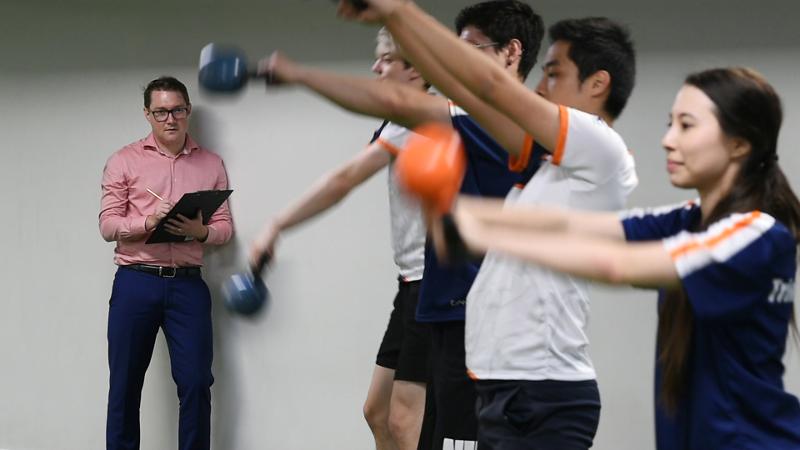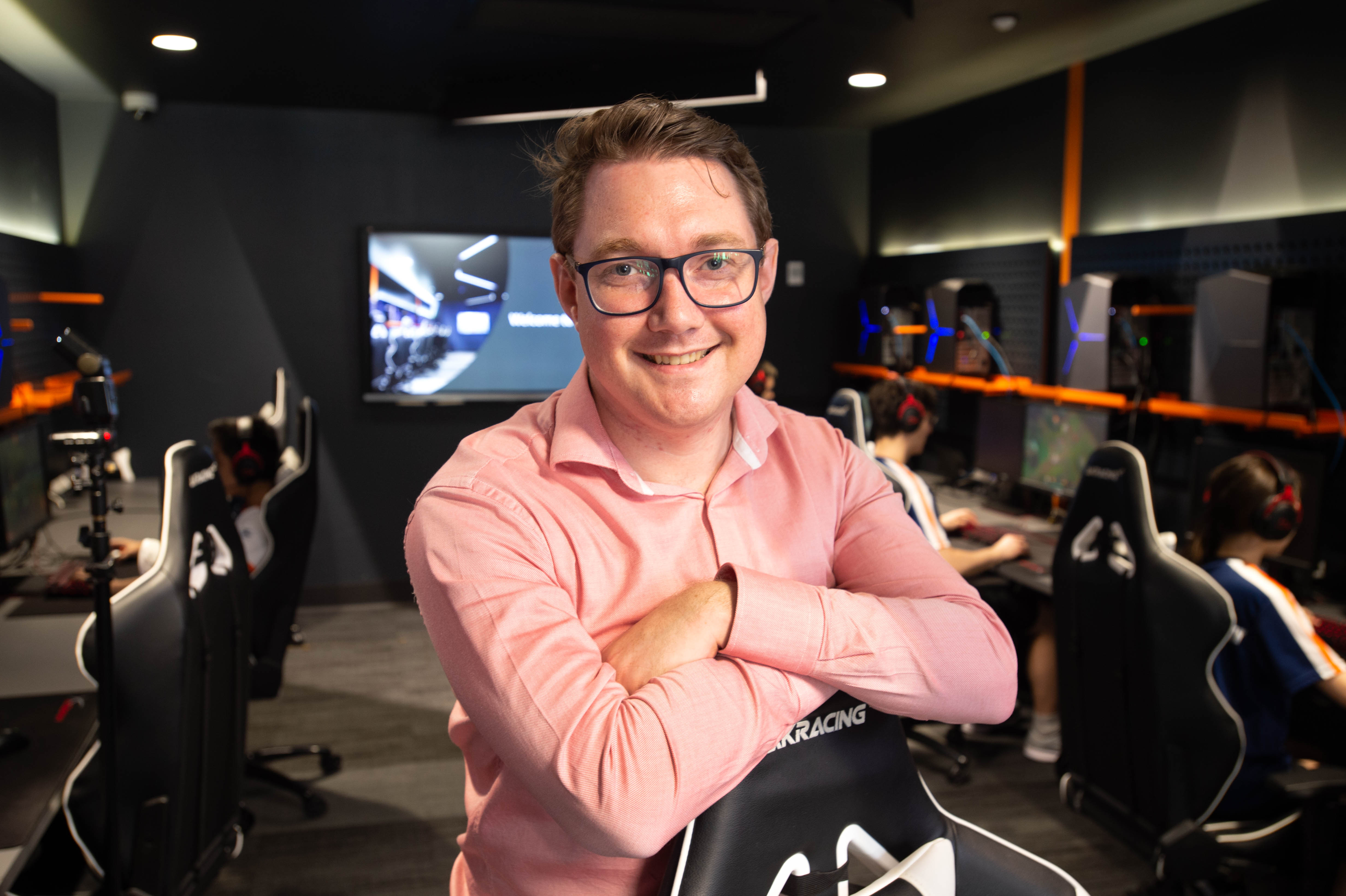
Esports players are up to 21 per cent healthier weight than the general population, hardly smoke and drink less too, says a new QUT study.
The findings, published in the International Journal of Environmental Research and Public Health, were based on 1400 survey participants from 65 countries.
- First study to investigate the BMI (Body Mass Index) status of a global sample of esports players.
- Esports players were between 9 and 21 per cent more likely to be a healthy weight than the general population.
- Esports players drank and smoked less than the general population.
- The top 10 per cent of esports players were significantly more physically active than lower level players, showing that physical activity could influence esports expertise.
QUT esports researcher Michael Trotter said the results were surprising considering global obesity levels.
“The findings challenge the stereotype of the morbidly obese gamer,” he said.
Mr Trotter said the animated satire South Park poked fun at the unfit gamer but the link between video gaming and obesity had not been strongly established.
“When you think of esports, there are often concerns raised regarding sedentary behaviour and poor health as a result, and the study revealed some interesting and mixed results,” he said.
“As part of their training regime, elite esports athletes spend more than an hour per day engaging in physical exercise as a strategy to enhance gameplay and manage stress,” he said.
The World Health Organisation guidelines for time that should be spent being physically active weekly is a minimum of 150 minutes.
“Only top-level players surveyed met physical activity guidelines, with the best players exercising on average four days a week,” the PhD student said.

However, the study found 4.03 per cent of esports players were more likely to be morbidly obese compared to the global population.
Mr Trotter said strategies should be developed to support players classed at the higher end of BMI categories.
“Exercise and physical activity play a role in success in esports and should be a focus for players and organisations training esports players,” Mr Trotter said.
“This will mean that in the future, young gamers will have more reason and motivation to be physically active.
“Grassroots esports pathways, such as growing university and high school esports, are likely to be the best place for young esports players to develop good health habits for gamers.”
The research also found esports players are 7.8 per cent more likely to abstain from drinking daily, and of those players who do drink, only 0.5 per cent reported drinking daily.
The survey showed only 3.7 per cent of esports players smoked daily, with player smoking frequency lower compared to global data at 18.7 per cent.
Future research will investigate how high-school and university esports programs can improve health outcomes and increase physical activity for gaming students.
The study was led by QUT’s Faculty of Health, School of Exercise and Nutrition Sciences and in collaboration with the Department of Psychology at Umeå University in Sweden.
A pdf of the journal is available.
Multimedia resources including overlay and still imagery can be downloaded via Dropbox.
MEDIA CONTACT: Debra Nowland, QUT Media Officer, +61 7 3138 1150, media@qut.edu.au



